Seeing Through The Smog: What Is It Really Like To Live With China's Air Pollution? [PHOTOS]
Another dawn, another hazardous-air day in China's capital.
According to the hourly updates by the BeijingAir Twitter account, 22 days into 2013, Beijing had a total of only 13 hours of “good” air quality.
This is indeed a staggering statistic to take in, and it's bad news for Beijing's inhabitants -- even those who haven't emigrated from places like Whitehorse, Canada, or Santa Fe, New Mexico, both consistently ranked by the World Health Organization as the world cities with the cleanest air.
Last week, a blanket of hazardous smog covered Beijing for five days, which was unusually long, even for there.
But what is it really like over there? There are more than 20 million people living in Beijing; is it really that bad?
Statistically speaking, yes, it is that bad. The Beijing government and other air-quality monitors use a scale from 0 to 500, measuring the density levels of PM2.5 — tiny particles under 2.5 micrometers, considered to be the most harmful air pollutant. On the scale, levels below 50 are considered good quality air, while air quality values between 300 and 500 are considered hazardous. Last week, levels in some areas of Beijing hit 750 — literally going off the charts.
But statistics aside, as a Beijing resident of 17 years who now lives in New York but still spends time there, I can honestly say that while it is bad, it didn't change our lives.
On Jan. 12, the first of the five continuous days of toxic air, and perhaps the worst, my family and I went about our day as usual, heading out for lunch and running errands around the city. Of course we still noticed the visibly darkened skies and the Chinese who reluctantly stepped outside wearing medical facemasks, but we by no means changed our plans to suit the pollution.
That may have been the warped sense of normality of Beijing's residents at work.
As the air fluctuates between just “very unhealthy” and “hazardous” on the index, many of us take comfort in the days that are just “moderate” health risks, and breathe deeply.
And though living with more gray skies than blue was easy for me to overcome, the very real health effects that the pollution has had on me is something I can’t ignore. I have chronic asthma, and growing up I have had respiratory attacks while living in Beijing. Whether or not they are directly related to the air quality, I cannot be certain, but it surely does not help. By the fourth day of breathing in the pollution just last week, my breaths were a little shorter, a sign of impending asthma symptoms. I was fine in the end, but other people suffer more. I recall one student at my school having to move back to the U.S. with her mother (as her siblings and father stayed) because the pollution severely exacerbated her asthma and really affected her health.
The high school I attended in Beijing, where most students were expatriates, was pretty consistent in checking air quality levels and making sure any outdoor activities were canceled if they hit the "unhealthy" threshold. I remember it wasn't rare for our physical education classes or team practices to be canceled or moved indoors due to poor air quality. It seemed to be happening so frequently that the school invested in a new sports dome with filtered air.
But pollution may not be the worst danger to the lungs of Beijing's people. The entire nation has deeply rooted cultural ties to smoking, and in a 2007 Gallup poll 33 percent of the Chinese reported that they smoked, one of the highest rates of smoking in the world. Tobacco was historically even heralded by military leaders as a useful stimulant for troops. Sharing a smoke with strangers is still a common way for people to break the ice. It was not until recent years that smoking in restaurants was banned (and this is still not really enforced). Planning on going to a bar or club? Go ahead and light up.
I know a lot of people who have picked up the smoking habit because of the bad air quality combined with the common myth that living in Beijing is like smoking a pack of cigarettes a day; if you can’t beat them, join them, they tell me.
But after much research, Dr. Richard Saint Cyr, a family medicine physician at Beijing United Family Hospital and Clinics, debunked the urban myth and said it is actually more like smoking one-sixth of a cigarette every day.
But while quitting smoking is a personal decision, the pollution is a collective problem, and the Chinese are becoming more aware of the nation’s growing environmental issues. And more and more people are calling for the government to step in with solutions.
As for what will happen to the Beijing skies, it may just be a matter of waiting. Of course it’s bad, but I also think there is an understanding that China, and more specifically, Beijing, is going through a crucial transition period. Many cities like London went through this too, during their countries' industrial development. As long as the country is recognizing it is a major problem, and can start taking necessary permanent steps toward sustainable solutions, I think China will eventually be able to strike a balance between having a clean environment and a thriving economy.
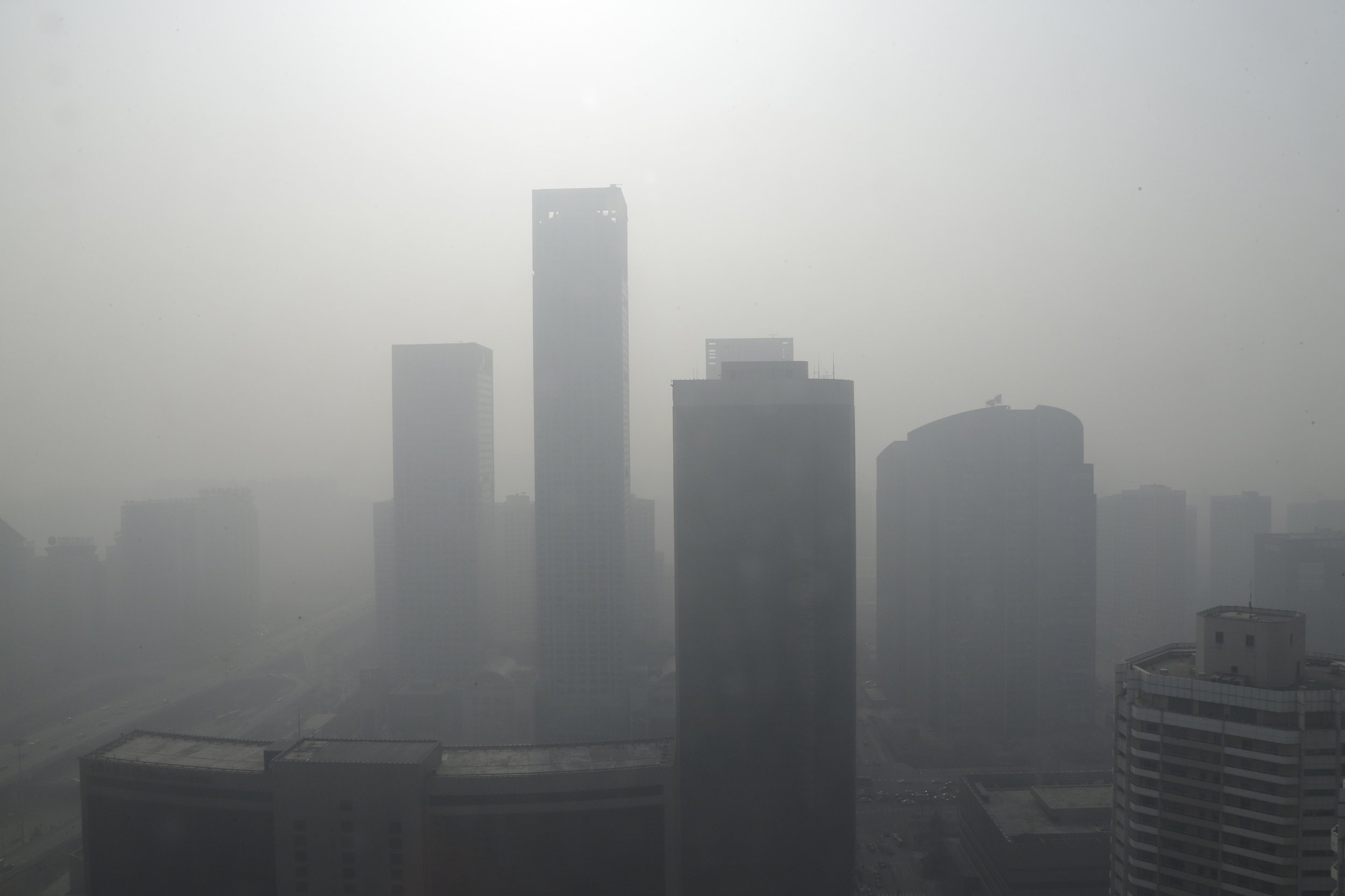
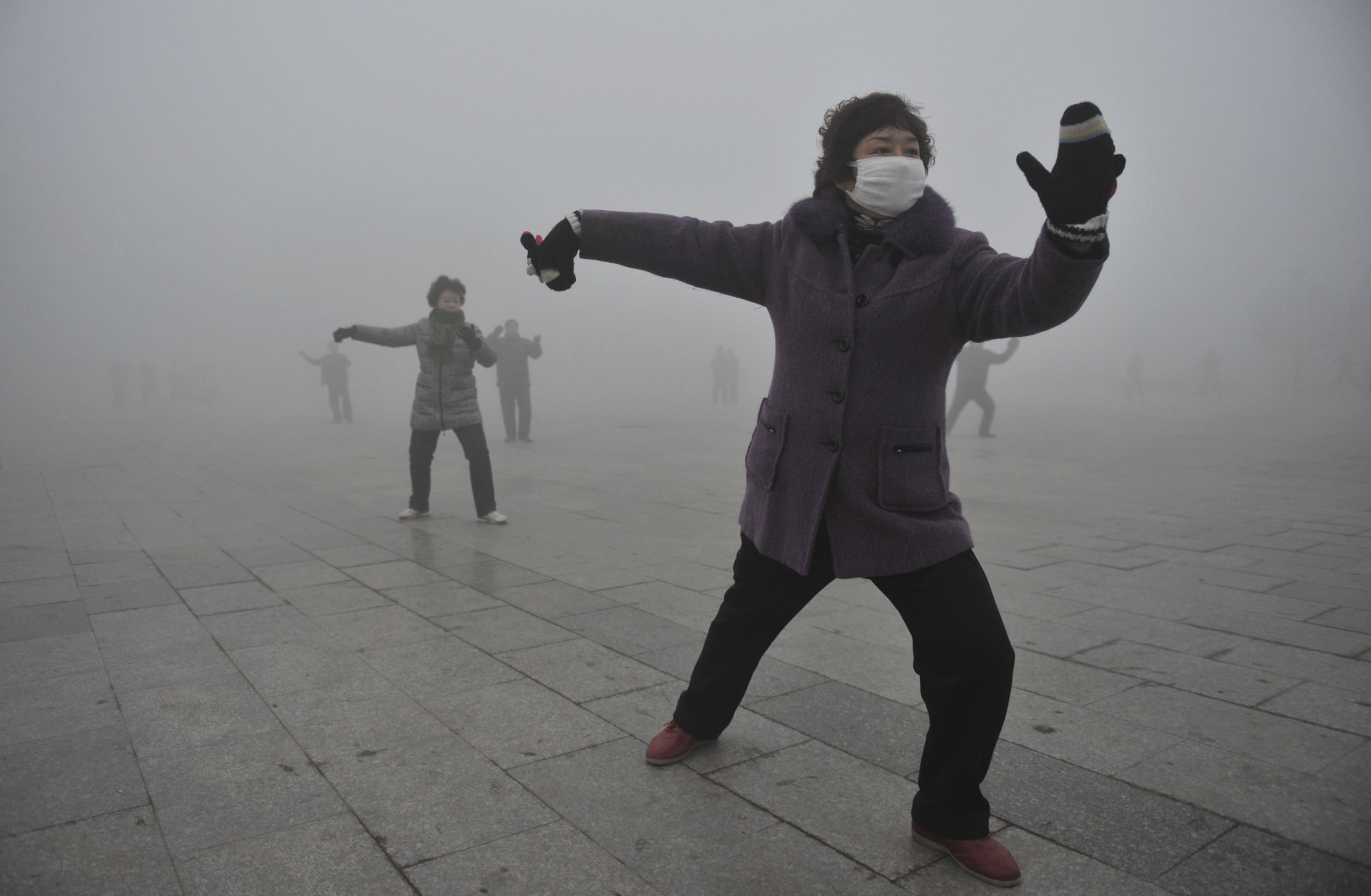
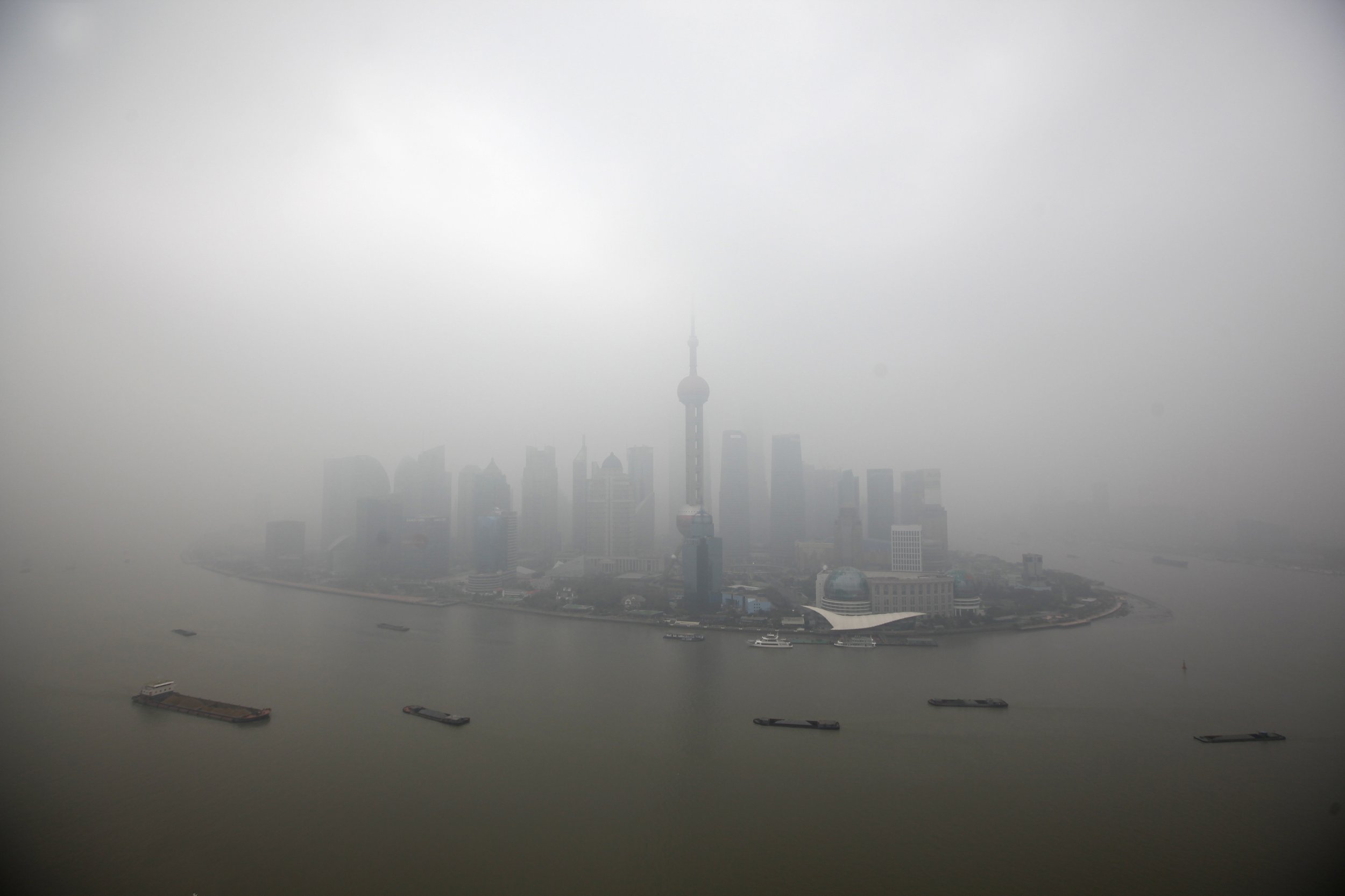
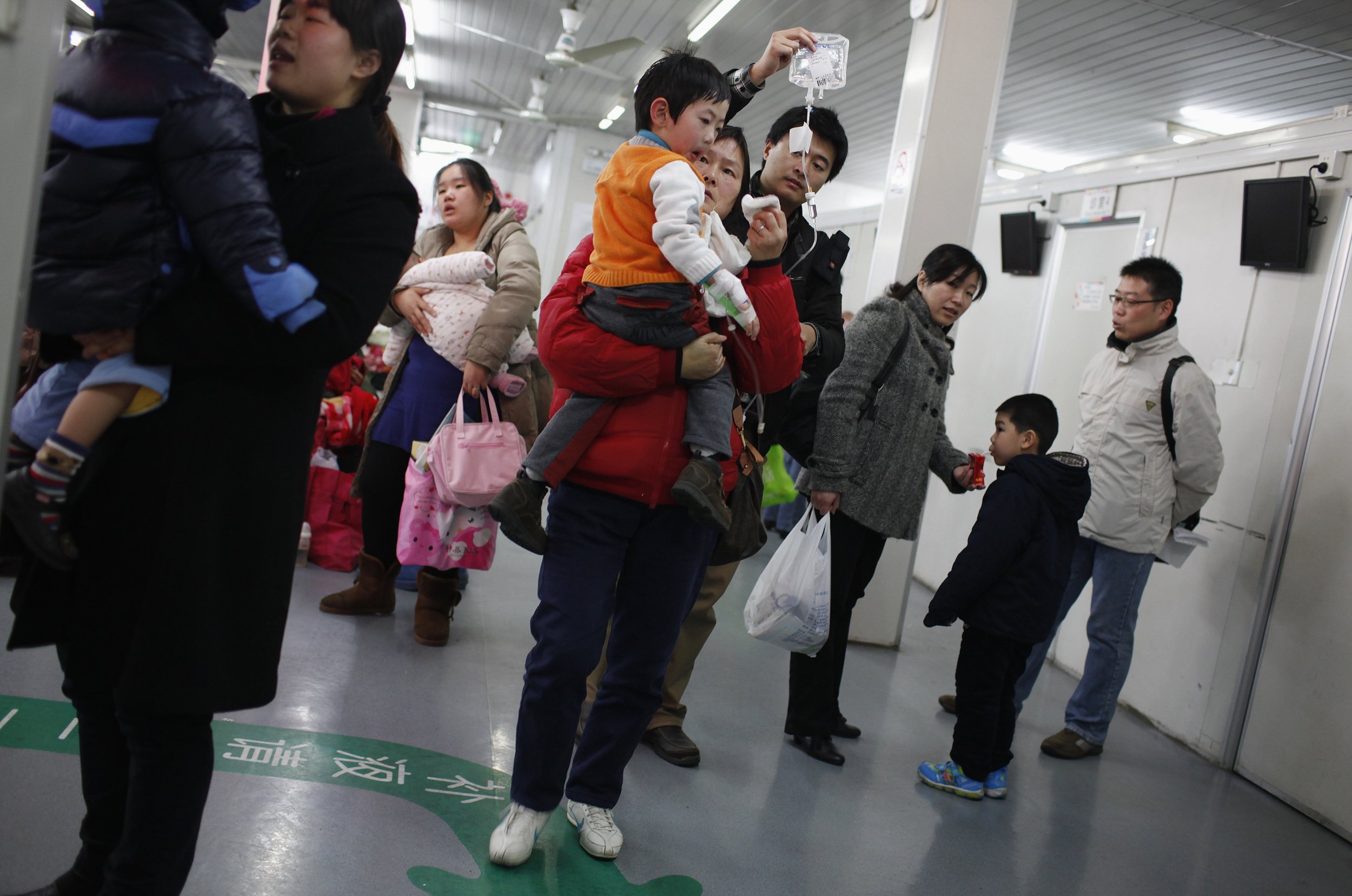
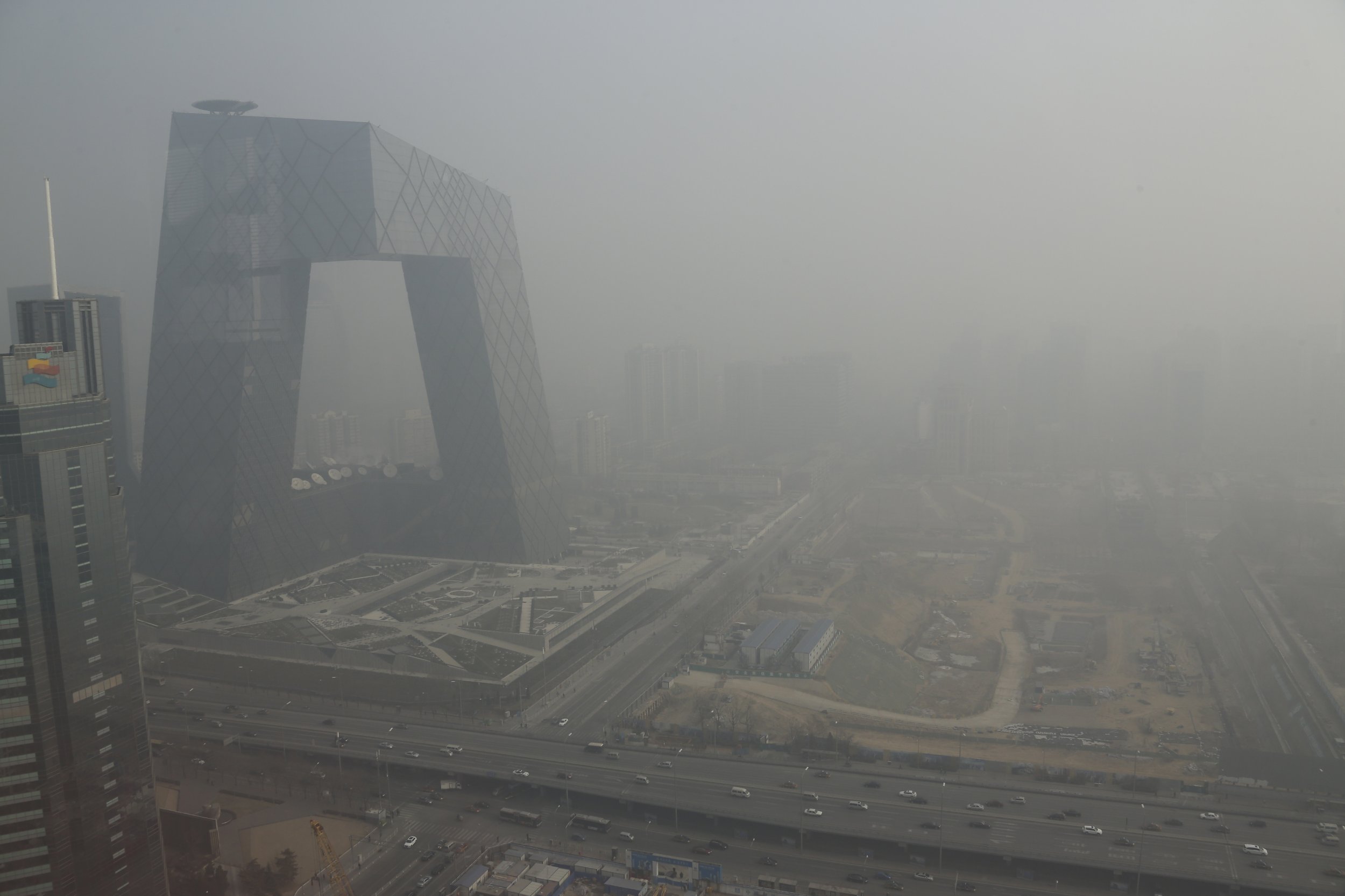
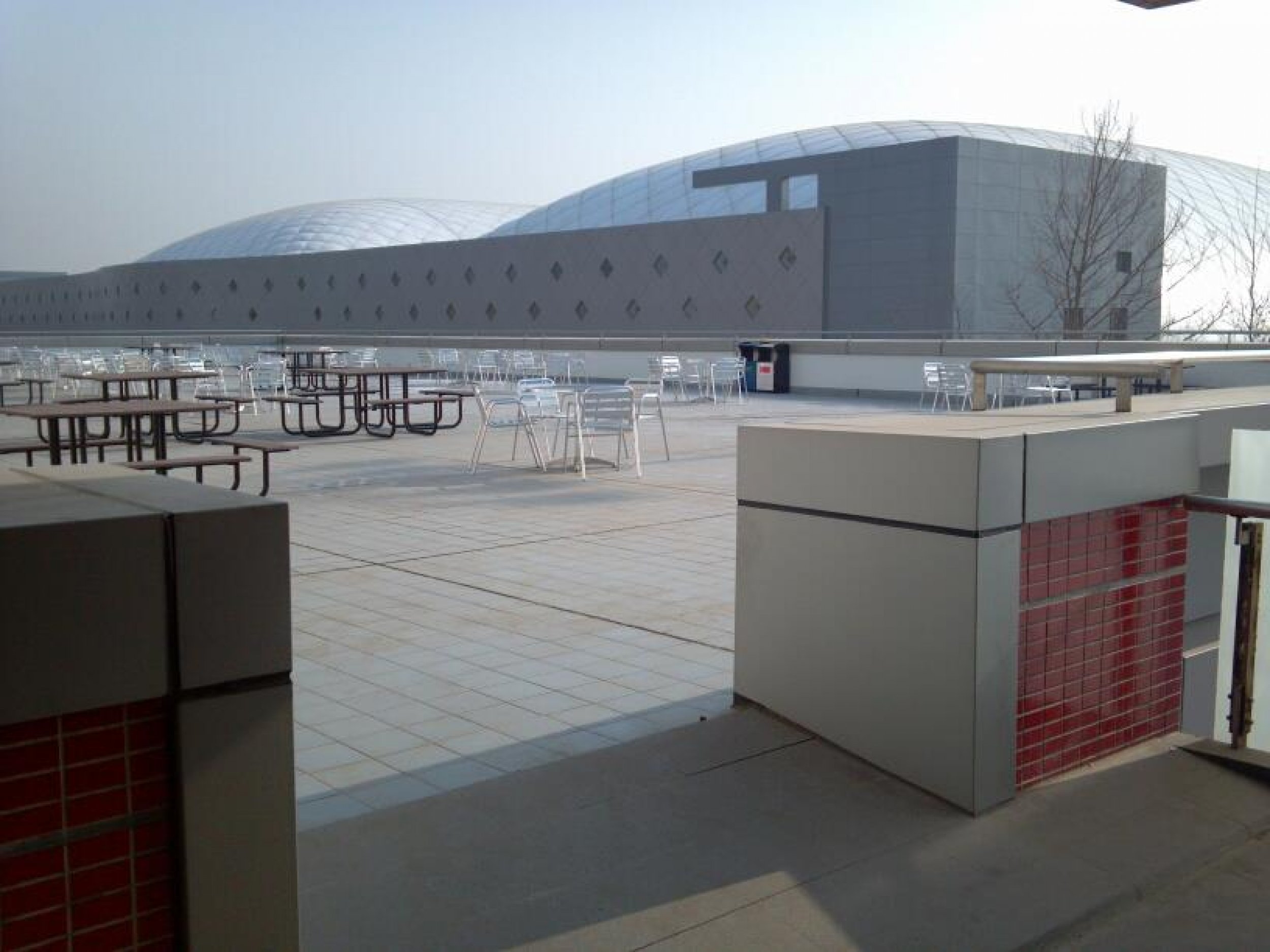
© Copyright IBTimes 2024. All rights reserved.












